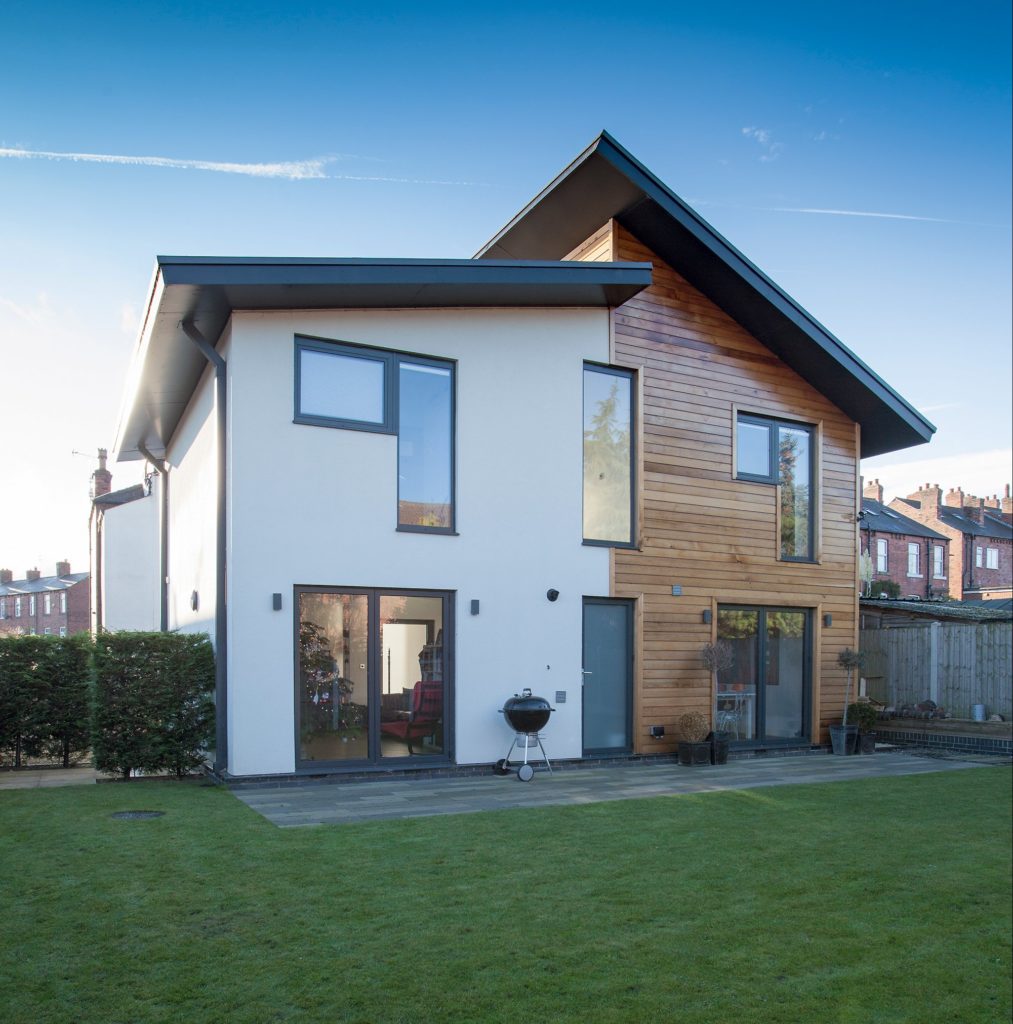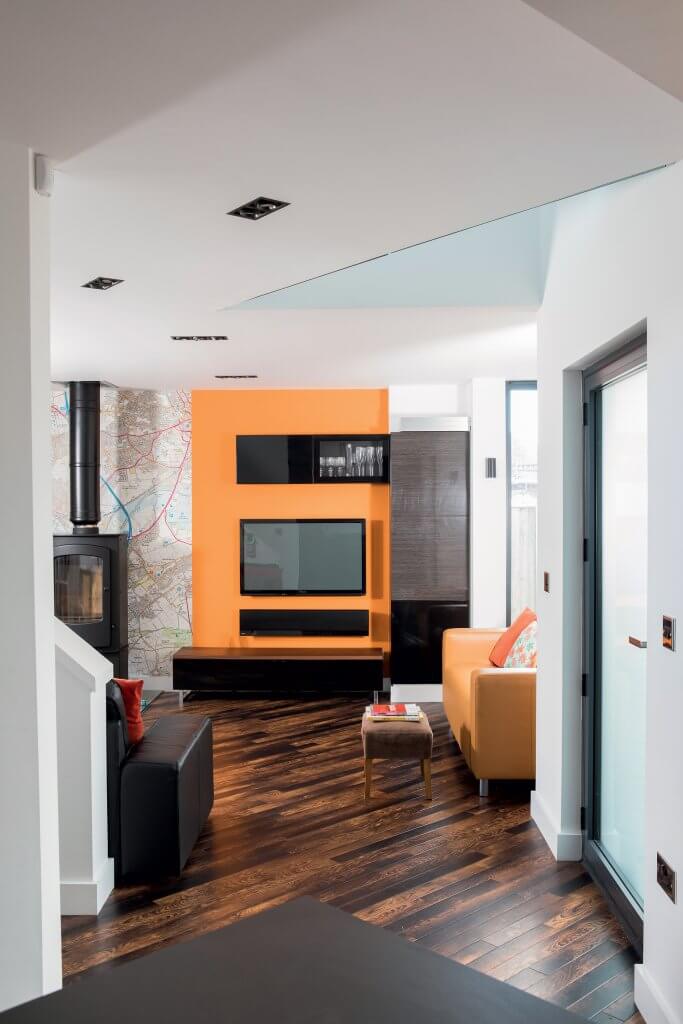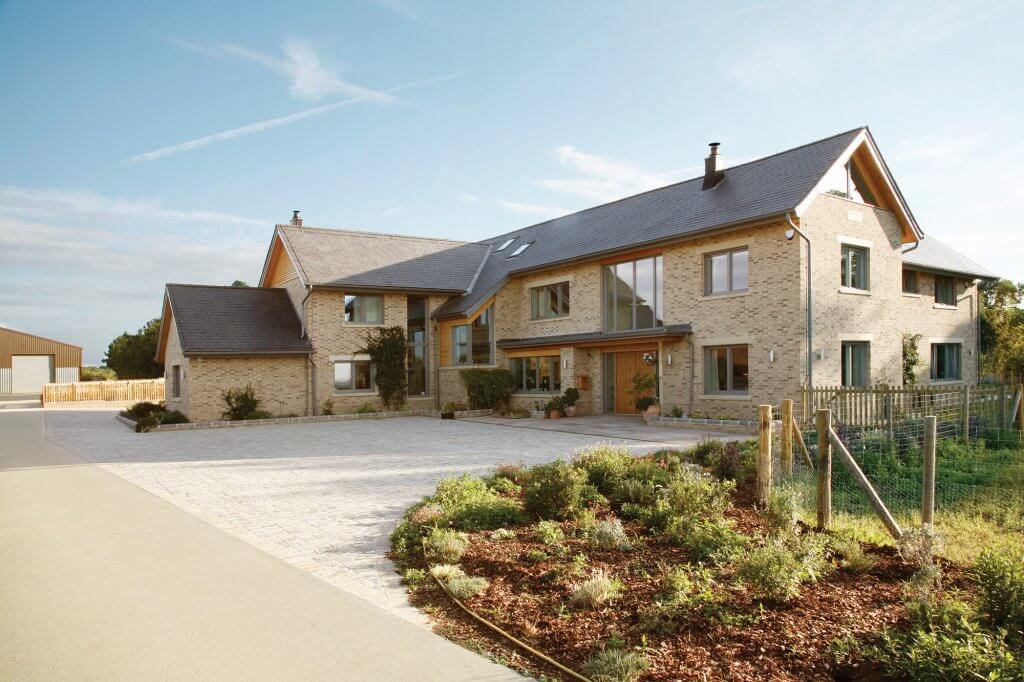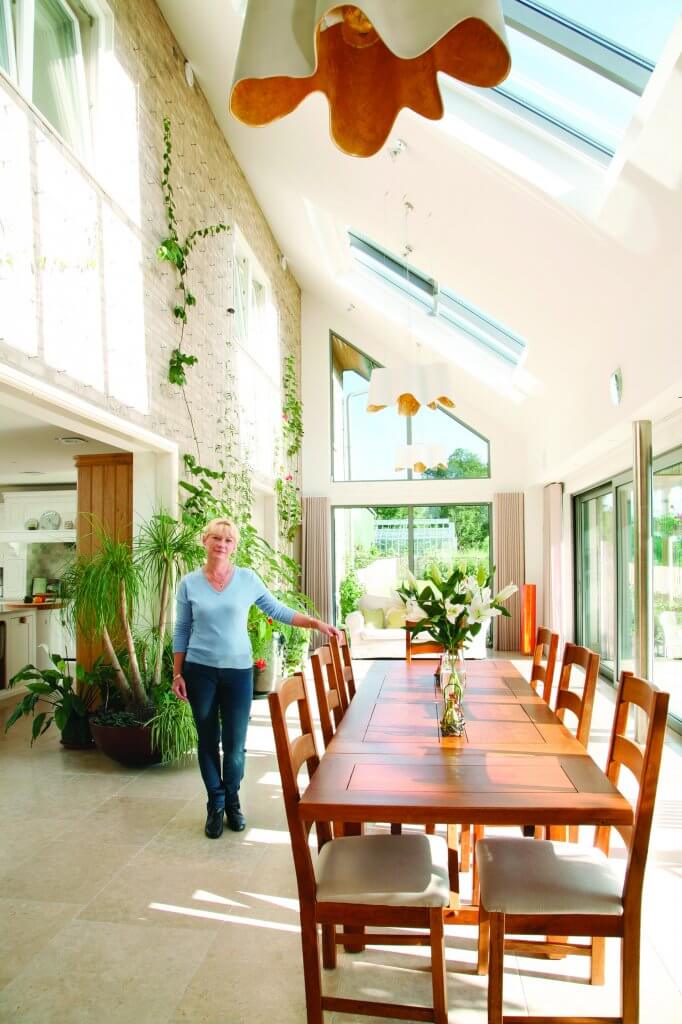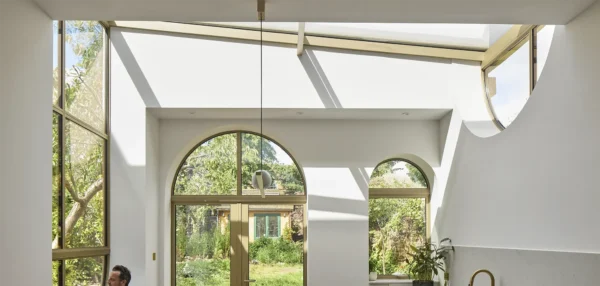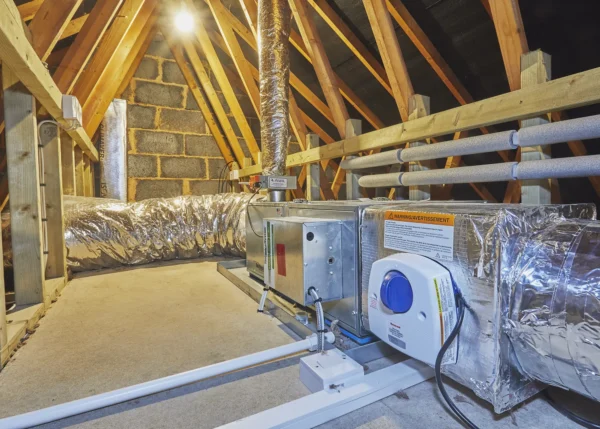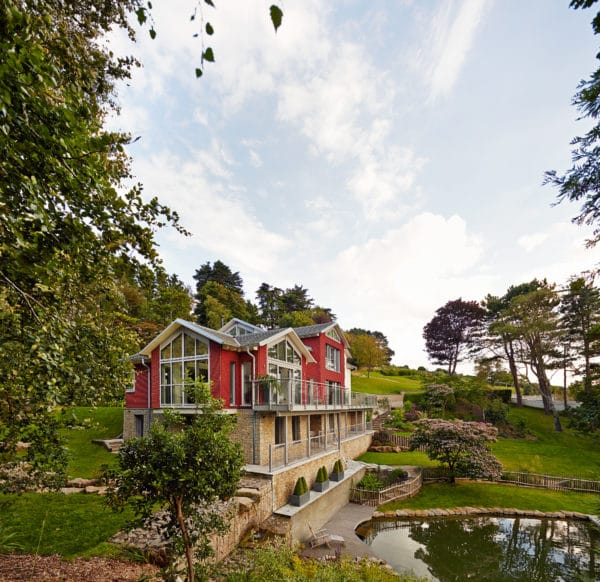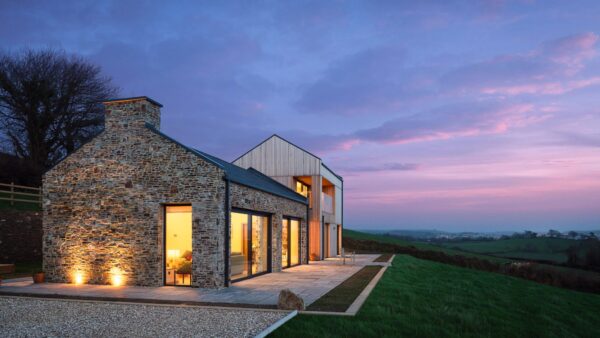10 Things to Know Before you Self Build
If you are seriously contemplating creating your own home, I’d be very surprised if you did so on a whim.
The more likely scenario is that you’ve researched the options and the processes involved in some detail so that things progress as smoothly as can be expected. After all, this is probably the biggest investment you’ll make, so you want it all to work well.
To help you get it right, I’ve collated 10 things I think you should consider before you start work on your project. It’s not an exhaustive list, and I bet plenty of other self builders could add several of their own suggestions to mine, but hopefully this will set you off in the right direction.
1. Understand what it involves
You’ve made a good start by reading Build It magazine! But there are a number of resources out there that can help those unfamiliar with the construction process learn what it is all about. I’d suggest you make use of them as much as possible.
One unmissable opportunity is the Build It Live self build show, held in three locations each year. This offers seminars, workshops, free expert consultations and more.
It’s also worth heading to the National Self Build and Renovation Centre (NSBRC) in Swindon. It’s free to enter the main exhibition space, plus you can attend tailor-made courses for self builders and renovators that are run on a regular basis.
There is a fee for these and you’ll need to book in advance because they’re popular, but I’d say they are fantastic value and offer a great insight into what is involved. Package home supplier Potton also runs an excellent Self Build Academy at its show home site in St Neots.
2. Get finance in place
Regular readers of my articles will know I’m forever banging on about the folly of setting out on a self build project with an unrealistic budget – but it still happens. Unless you’re in the rare position of not needing a mortgage, you should speak to experts who can provide specialist finance.
The high street banks and building societies can be spectacularly unhelpful and ill-informed on the subject of self build. Instead, discuss your project with someone from Buildstore who understands the process and the realities of what is involved and have the contacts with the lenders who are keen to help.
3. Work out what is possible
Following on from the last point, understanding what you actually need and can afford to build, as opposed to what you’d like to have, is key.
Simply going for the biggest home you can fit on the plot is rarely a great idea, so enlist the help of a good architect or a skilled designer at the earliest opportunity. They can help you to visualise what’s achievable within the constraints of planning restrictions, your budget and the characteristics of the land itself.
Source it: Find architects and designers in the Build It Directory
4. Recognise your motivation
Why are you contemplating taking on a self build project? The reasons are manyfold – you might be trying to get a first foot on the housing ladder, looking to establish your forever home or downsizing to the perfect retirement bungalow.
Perhaps you want an energy-efficient, low-carbon house or you’re creating something to sell on in a few years for a profit, for instance. Whatever the reason behind your project, each route demands a different approach. If you’re building the house that you’re going to live in for the rest of your life, you might be justified in splashing out on creating the perfect space.
Spectacular, contemporary eco homes can quickly soak up budget as they don’t encourage restraint or economy in terms of materials quality or adoption of the latest technology; this could mean a struggle to recoup your investment if you sell.
Whereas constructing a starter home, with the intention of selling on later, demands the mindset of a developer with a focus on adding value for minimal outlay.
5. Decide on the standard
While there is some variation in price between different construction systems, it’s not as much as you might think. Your final costs will, to a large extent, be dictated by the quality of finishing materials you choose.
Setting off to create an average standard, but finding yourself unable to resist that gorgeous kitchen with worktops fashioned out of genuine moon rock, is a classic recipe for overspending. The trick is to set a budget based on the level of quality you hope to achieve and stick to it.
6. Find out what’s below the ground
It’s true that you never really know what your project will cost until you’re out of the ground. Many self build ventures have been hit with unexpected expenses because of buried pipes, soil contamination or other unknown nasties under the surface.
Before you start – and ideally before you commit to buy your plot – have an idea of what foundations will be required, where the essential services will come from and at what cost. Extra fees here are never reflected in the value of the finished property, so are difficult to recoup.
You can commission a soil survey and speak to the utility companies to make sure there are no unpleasant surprises when the digging starts.
Read more: Plot assessment checklist
7. Protect your investment
Seeing as you’re probably about to put every penny you own into this new home, it makes sense to protect your interests by taking out site insurance and covering the build with a structural warranty.
As with any insurance policy, you wish you’ll never have to use it, but if you do ever need to make a claim, you’ll be forever grateful that you were covered. For me, it’s a no-brainer.
8. Talk to your neighbours
While this will be a thrilling experience for you, those living around you will probably be less than enthusiastic about the noise, mess and inconvenience that will accompany any construction work.
Keep them on side by letting them know what’s happening and when at the outset; it’s also a good idea to give them the contact details of who to speak to if there is a problem. You won’t keep everyone happy all the time, but at least you’ll have shown consideration for others and that will be remembered and appreciated when things get back to normal.
9. Will you take on any DIY?
It’s worth working out what parts of the project, if any, you plan to do yourself. This can range from being the project manager through to dabbling with the painting and decorating at the end of the build. However much you plan to do, you need to clearly establish who will be doing what so that your builder or trades can price accordingly.
Remember that, while going DIY can save some money when the budget is tight, a professional can do it faster and to a better standard. This will often be reflected in the finished value of the project, making the additional expense well worth it.
10. Be prepared for problems
No project will reach the finish line without a hitch and what I refer to as ‘stuff’ will inevitably happen along the way.
Problems will arise, people will say they’ll do things that they won’t, deliveries may fail to arrive and once they do they could be the wrong thing or even be broken… it’s all part of the rich tapestry of self building and will never be eradicated.
Rather than get stressed out by the little concerns, accept it’s how things are, deal with them and move on to the next issue. Keeping a sense of humour is, to my mind at least, essential in this game.
A self build project can sometimes be a test of relationships – new and old – so remember to talk to each other, plan what you want to do, and share the load as best you can. Most couples I know who have taken on such a venture have come out of the other side with a unique shared experience that makes them stronger and certainly never short of a topic of conversation at parties!
As that wise old bird the late Murray Armour wrote when signing my copy of his book Building Your Own Home: “Self building should be fun – I’m sure you’ll make it that way.” And that’s a good motto to build by.
Top image: Whilst undertaking a renovation, Harriet and Rob Graham discovered huge gaping holes beneath the walls of the structure and no foundations. This resulted in a knock-down and rebuild project , with couple having to go back to the drawing board to prepare a completely new planning application for a self build instead. Read the full story

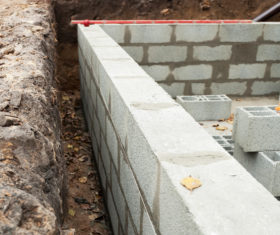


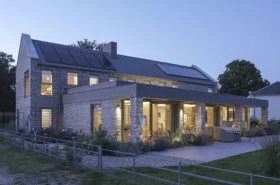

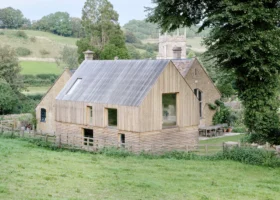
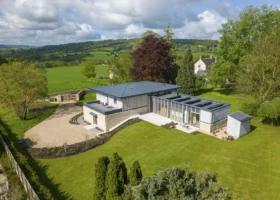
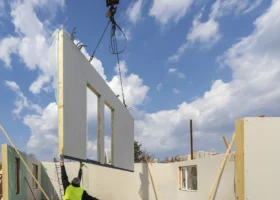
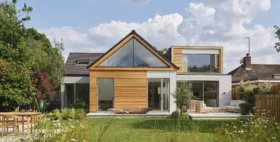
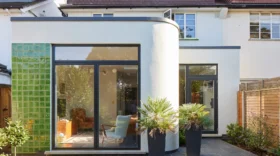
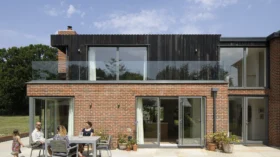

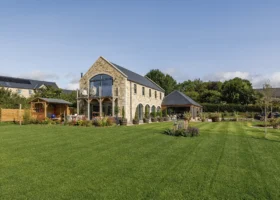

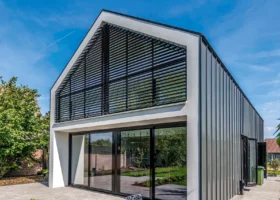

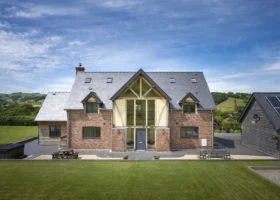
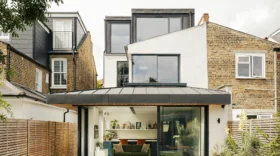
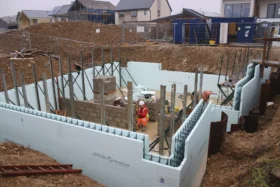
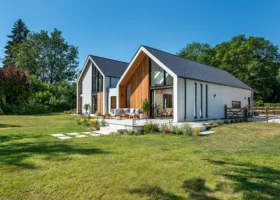
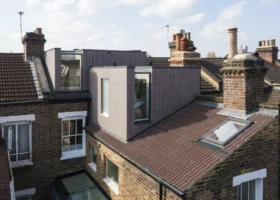
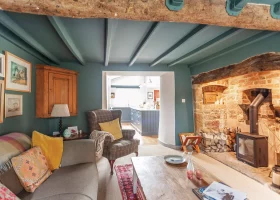
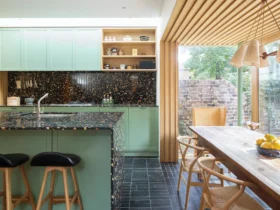
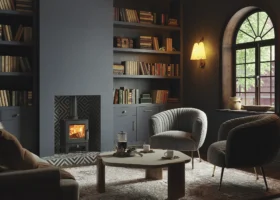
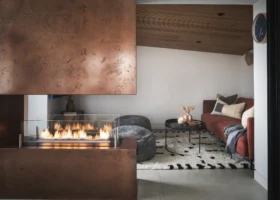
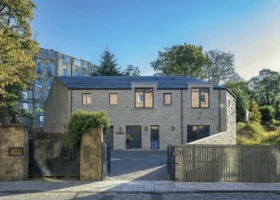
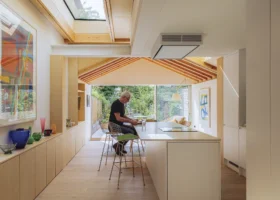
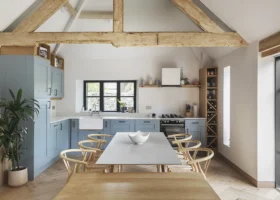
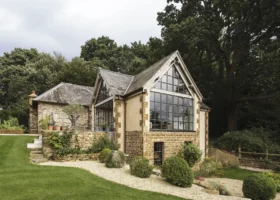
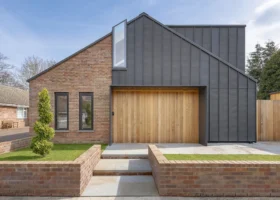
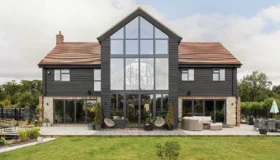
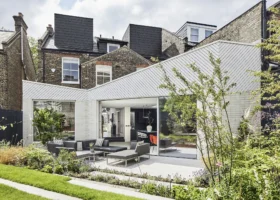
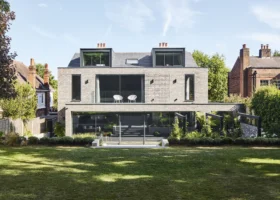
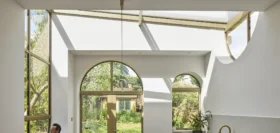
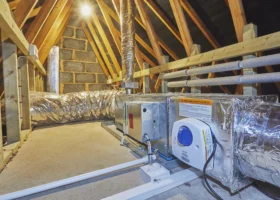
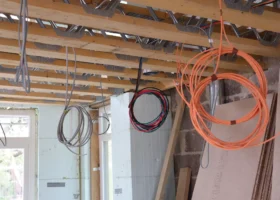

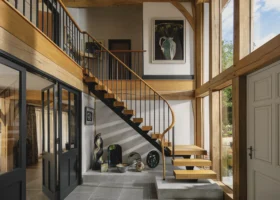
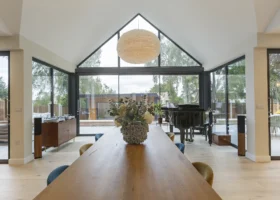
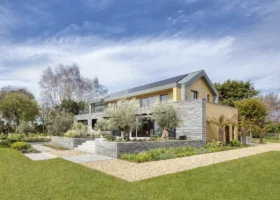
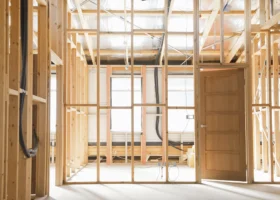
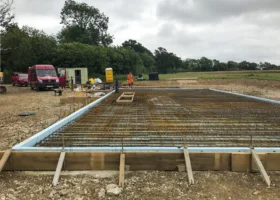
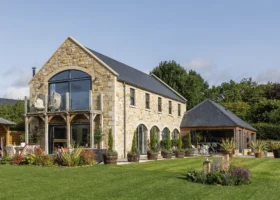

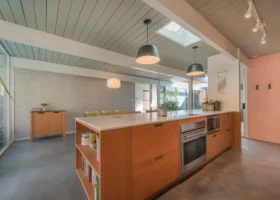

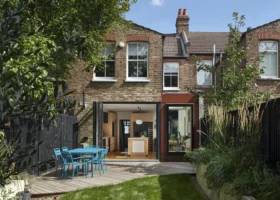
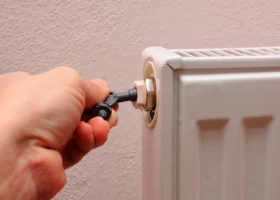

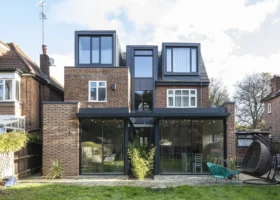
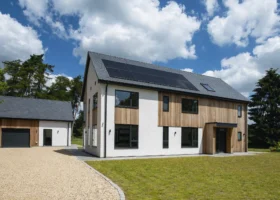
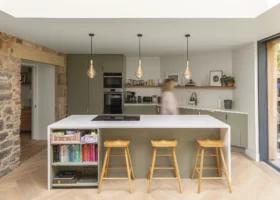
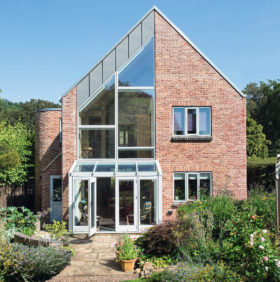
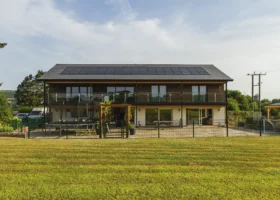
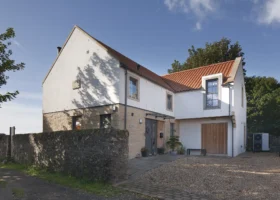


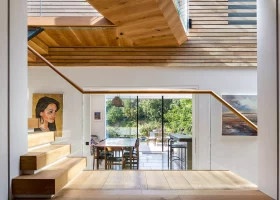
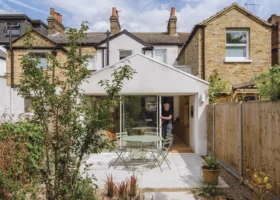

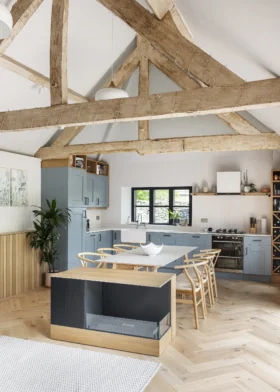
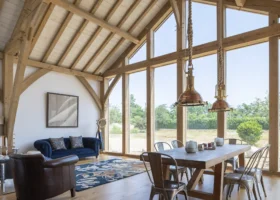









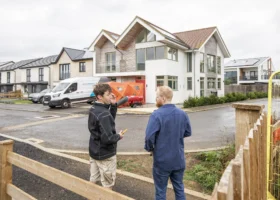








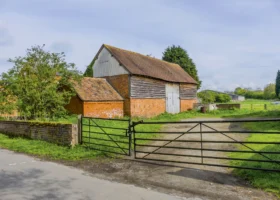
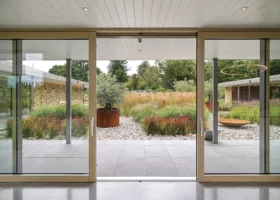


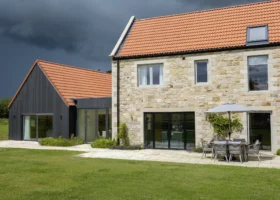
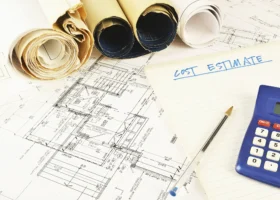
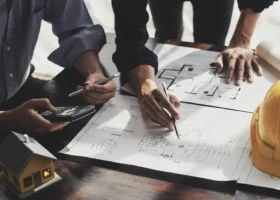
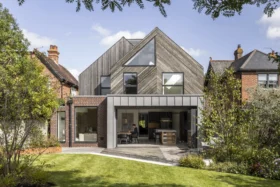








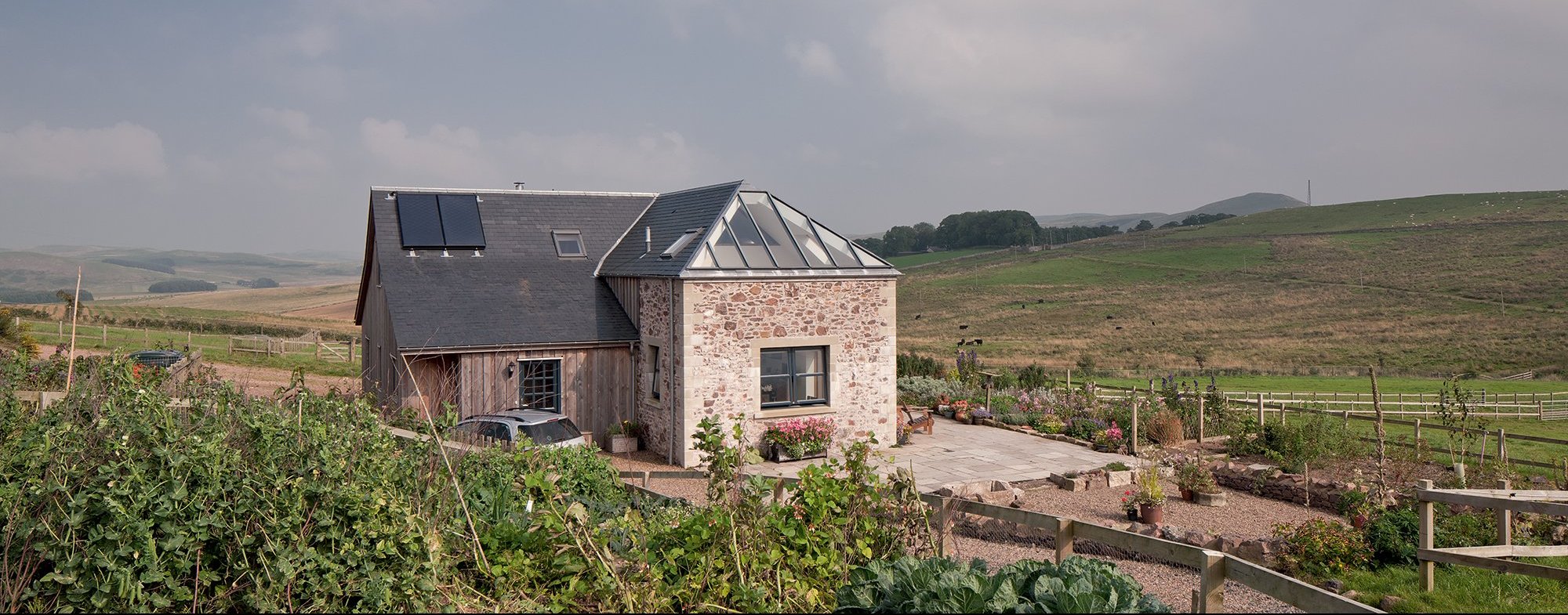
 Login/register to save Article for later
Login/register to save Article for later

